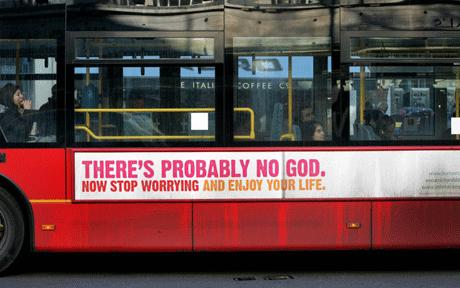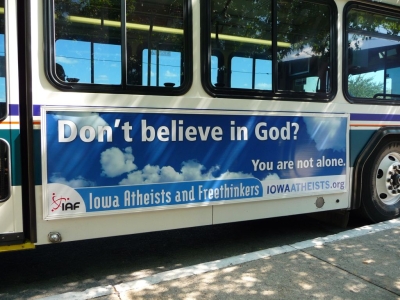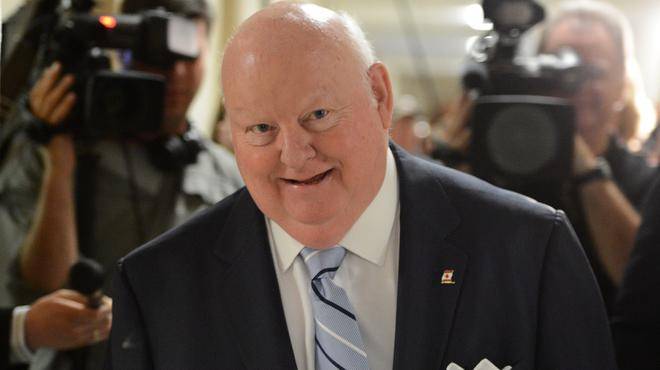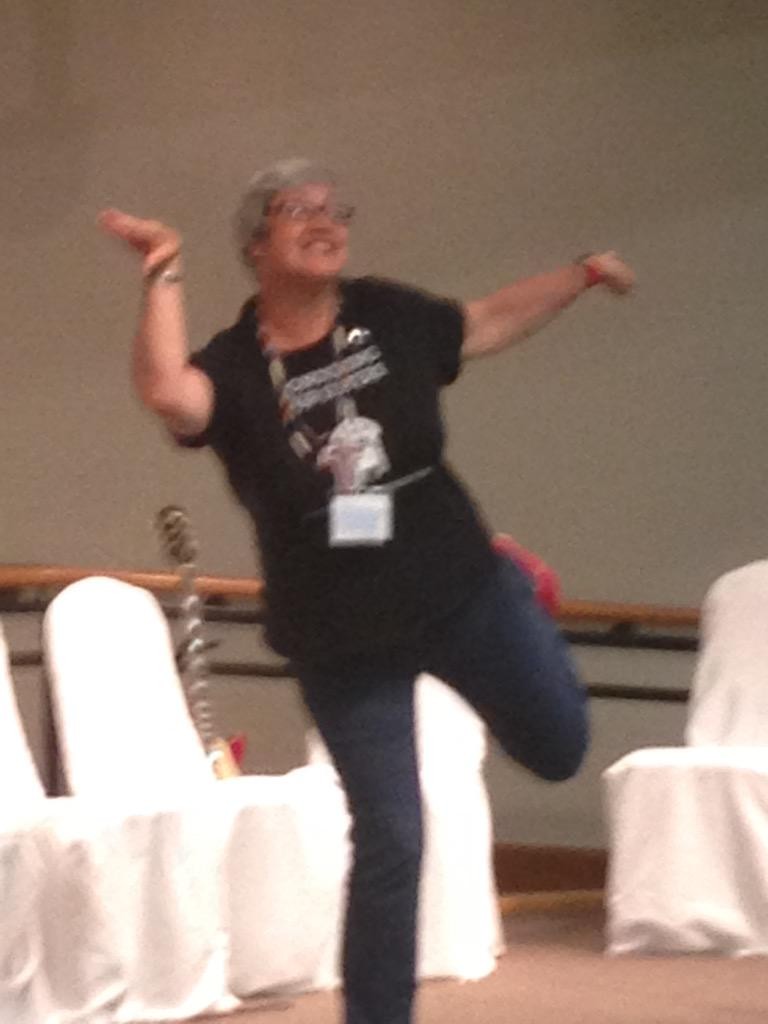The Diocese of Quebec is on the verge of extinction not, you may be surprised to learn, because of global warming but because Anglophones are departing Quebec and those that are left in the churches are ageing. The diocese enjoys focussing on things like greening your parish’s liturgy, so the positive way of looking at this is that, very soon, there will be grass growing where the churches used to be: the ultimate in parish greening.
From here:
Anglophone migration out of Francophone Canada has decimated the Anglican Church with the number of members of the Diocese of Quebec falling almost in half over the past two years, a document released on the diocesan website reports.
“A Thumbnail Sketch of the Diocese” published on 14 Sept 2015 in preparation for the election of the 13th Bishop of Quebec reported: “There are 69 congregations, serving an overall Anglican population of approximately 1800 souls.” Statistics published in a report released in early 2014 by the Task Force on Mission Ministry and Management reported the diocese had 3000 members in 52 parishes with 87 congregations.
[….]
Diocesan leaders have warned Anglicanism was facing extinction in Quebec. An essay posted last year on the diocesan webpage stated 64 per cent of congregations would close or be amalgamated with other parishes in the next five years. The 2014 Task Force on Mission Ministry and Management paper stated “42% of congregations have fewer than 10 regular services a year and 76% have fewer than 25 participants at services. In 31% of the congregations the age range begins at 50 and in 13% at 70.” The report further reported that a “staggering 83%” reported minimal or no activity outside of worship.


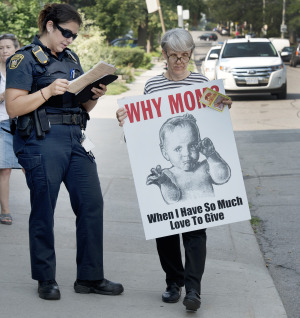 At 11:02 Wednesday morning, Linda Gibbons sat uncomfortably, hands cuffed behind her back, in the rear seat of a Toronto Police squad car.
At 11:02 Wednesday morning, Linda Gibbons sat uncomfortably, hands cuffed behind her back, in the rear seat of a Toronto Police squad car.
